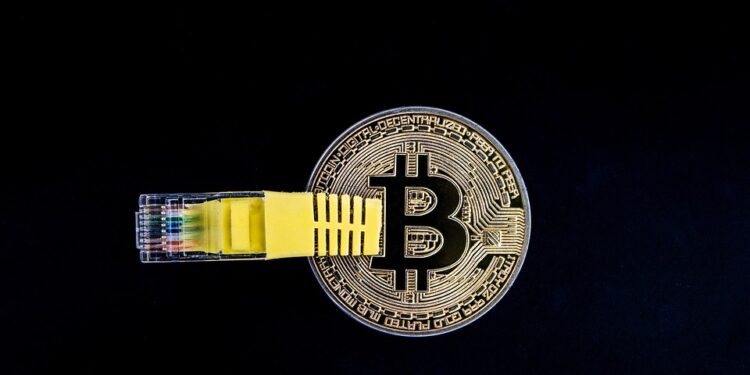Cryptocurrency exchanges have come a long way since the early days of Bitcoin. From humble beginnings as simple peer-to-peer platforms, they have evolved into sophisticated trading platforms that cater to millions of users worldwide. But what does the future hold for these exchanges? What will be the next big innovation in the industry?
The evolution of crypto exchanges can be traced back to the early days of Bitcoin, when enthusiasts would trade coins through online forums or meetups. As the popularity of cryptocurrencies grew, so did the need for more robust and secure trading platforms. This led to the creation of the first centralized exchanges, such as Mt. Gox and Bitstamp, which allowed users to trade cryptocurrencies in a more organized and efficient manner.
Over time, decentralized exchanges (DEXs) emerged as a response to the centralized nature of traditional exchanges. DEXs operate without a central authority, allowing users to trade directly with each other through smart contracts on the blockchain. This eliminates the need for intermediaries and provides greater security and privacy for users.
The next big innovation in the industry is likely to be the integration of decentralized finance (DeFi) protocols into existing exchanges. DeFi has gained traction in recent years as a way to provide financial services using decentralized technologies. By integrating DeFi protocols into exchanges, users will be able to access a wider range of financial services, such as lending, borrowing, and derivatives trading, all within a single platform.
Another trend in the industry is the rise of non-custodial exchanges, which allow users to retain control of their funds at all times. This is in contrast to traditional exchanges, which require users to deposit their funds into a centralized wallet controlled by the exchange. Non-custodial exchanges are seen as a more secure and transparent alternative, as they reduce the risk of funds being lost or stolen by hackers.
In terms of regulation, the industry is still in a state of flux. While some countries have taken a proactive approach to regulating crypto exchanges, others have been more cautious or even hostile towards the industry. As the industry continues to mature, we can expect to see more regulations put in place to protect consumers and investors, while also fostering innovation and growth in the sector.
Overall, the future of crypto exchanges looks bright. With the continued development of decentralized technologies, the integration of DeFi protocols, and the increased focus on security and transparency, exchanges are poised to become even more efficient and user-friendly in the coming years. As the industry continues to evolve, users can expect more options and features that cater to their specific needs and preferences.








